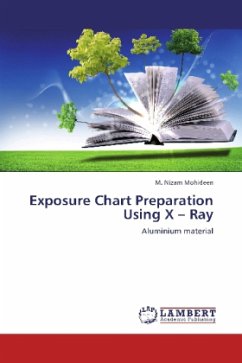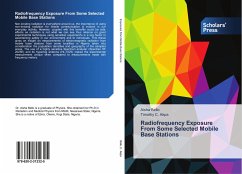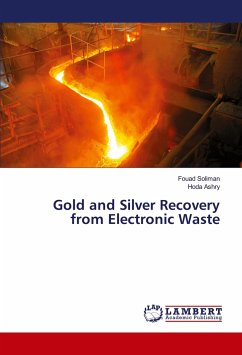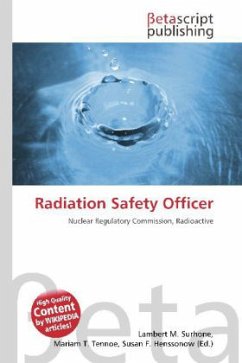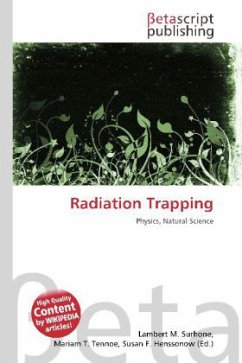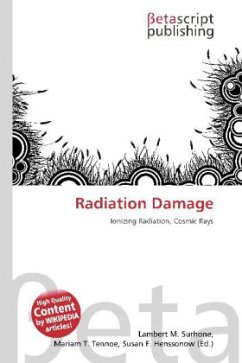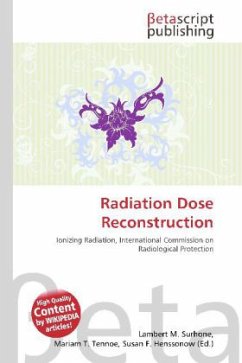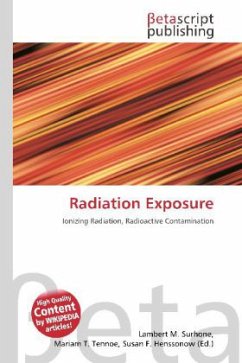
Radiation Exposure
Versandkostenfrei!
Versandfertig in 6-10 Tagen
26,99 €
inkl. MwSt.

PAYBACK Punkte
13 °P sammeln!
Please note that the content of this book primarily consists of articles available from Wikipedia or other free sources online. "Radiation exposure" commonly has two senses: 1. absorption by an object of high-energy Ionizing Radiation, and the chemical damage that typically results from that. 2. Radioactive contamination of an object by a substance containing unstable atomic nuclei, which by ongoing Radioactive decay will gradually apply Ionizing Radiation to the object. Ionizing radiation consists of subatomic particles or electromagnetic waves that are energetic enough to detach electrons fr...
Please note that the content of this book primarily consists of articles available from Wikipedia or other free sources online. "Radiation exposure" commonly has two senses: 1. absorption by an object of high-energy Ionizing Radiation, and the chemical damage that typically results from that. 2. Radioactive contamination of an object by a substance containing unstable atomic nuclei, which by ongoing Radioactive decay will gradually apply Ionizing Radiation to the object. Ionizing radiation consists of subatomic particles or electromagnetic waves that are energetic enough to detach electrons from atoms or molecules, ionizing them. The occurrence of ionization depends on the energy of the impinging individual particles or waves, and not on their number. An intense flood of particles or waves will not cause ionization if these particles or waves do not carry enough energy to be ionizing. Roughly speaking, particles or photons with energies above a few electron volts (eV) are ionizing



